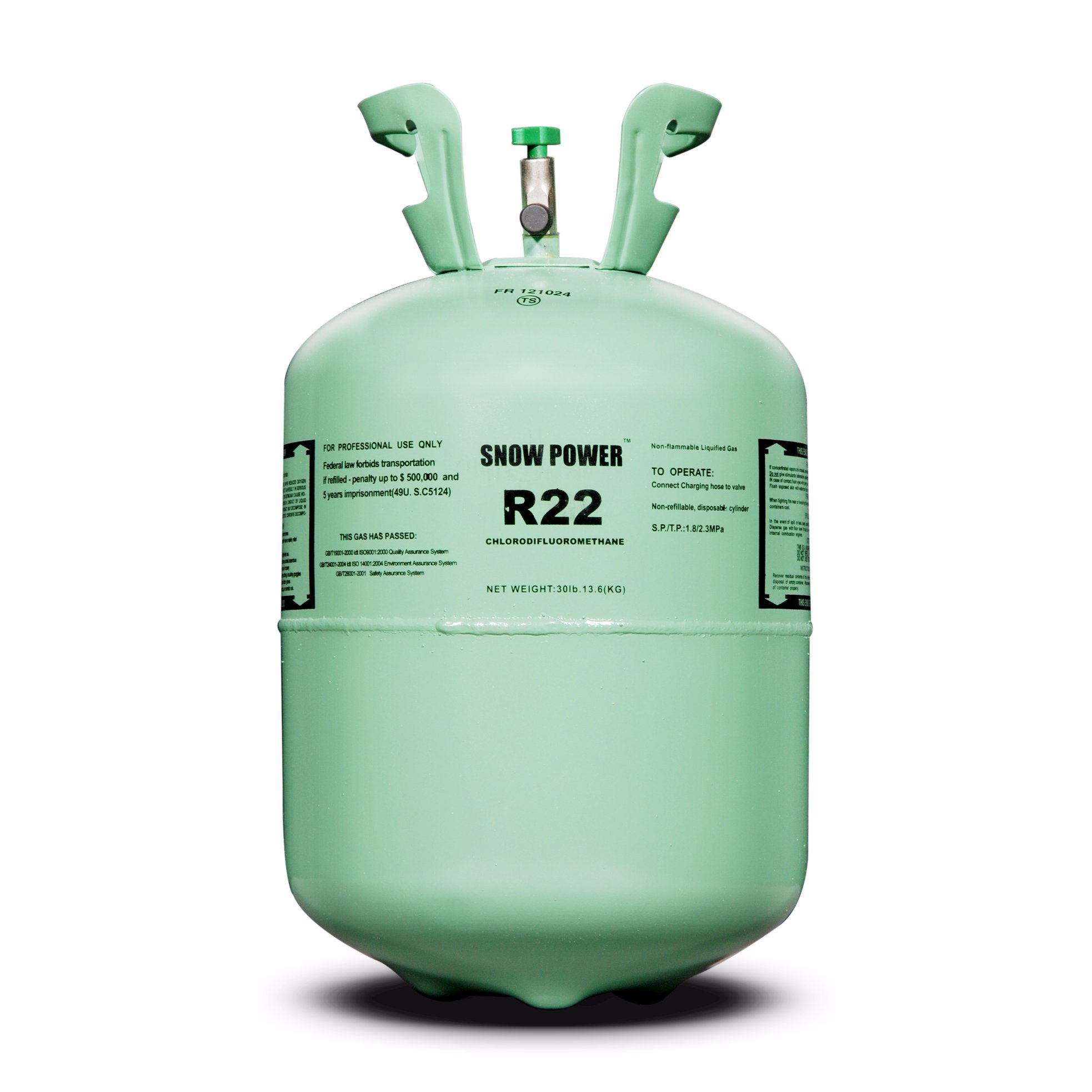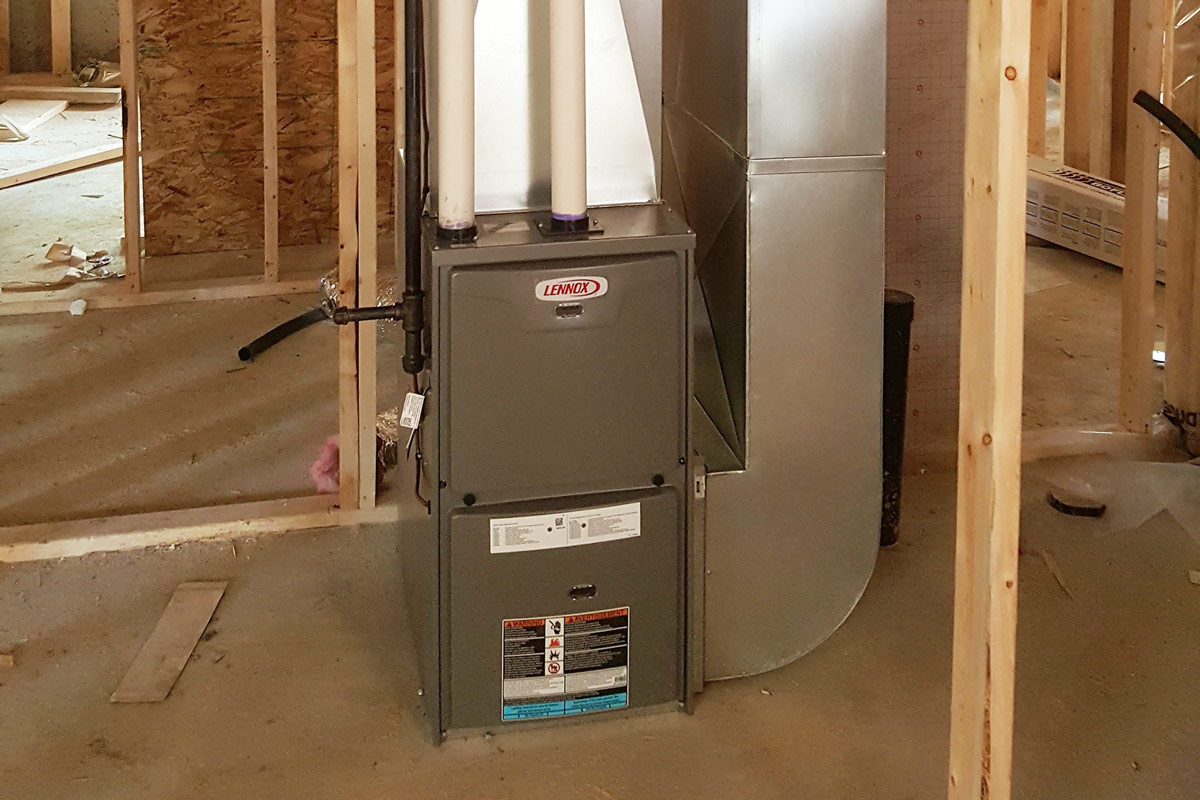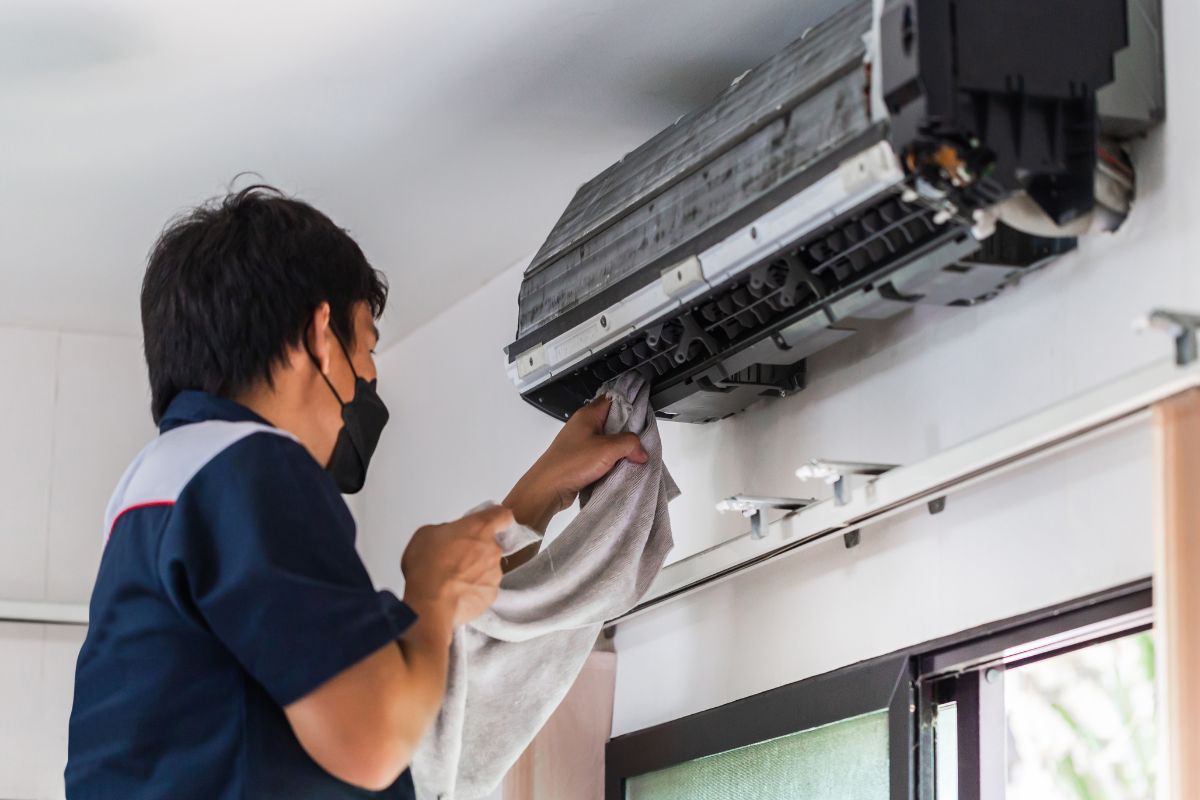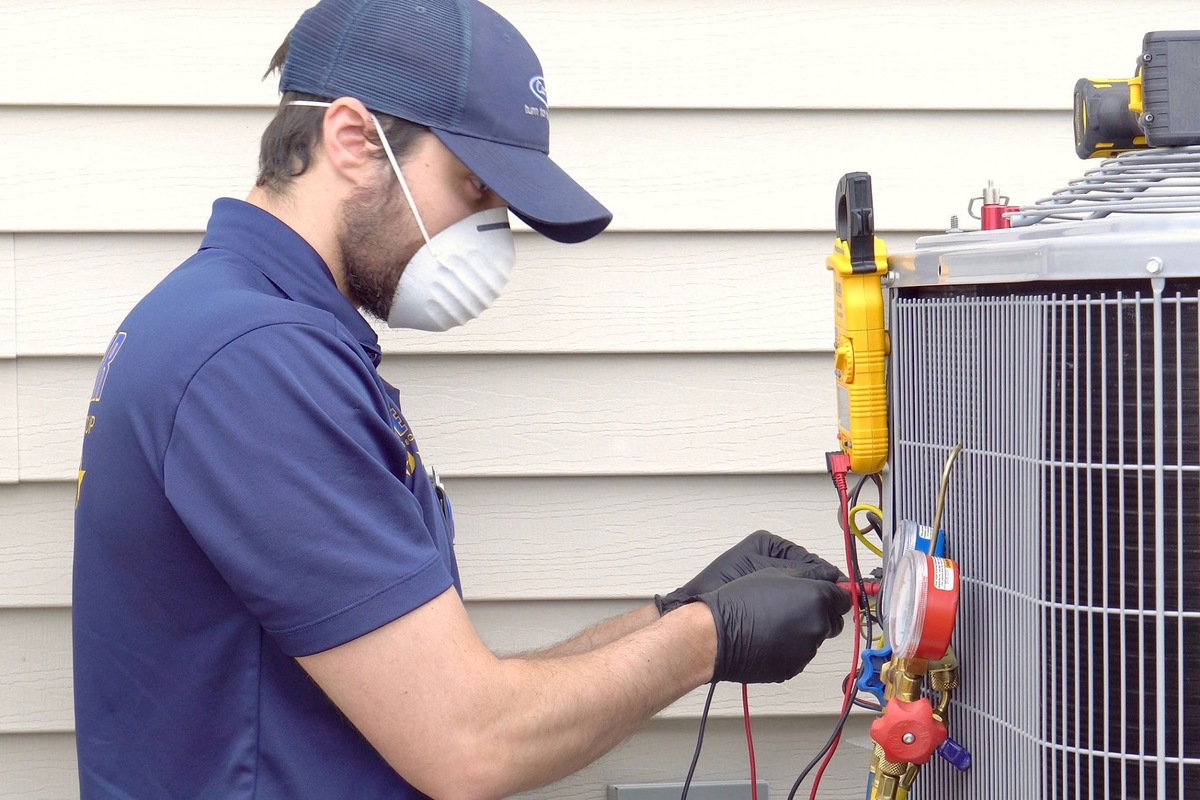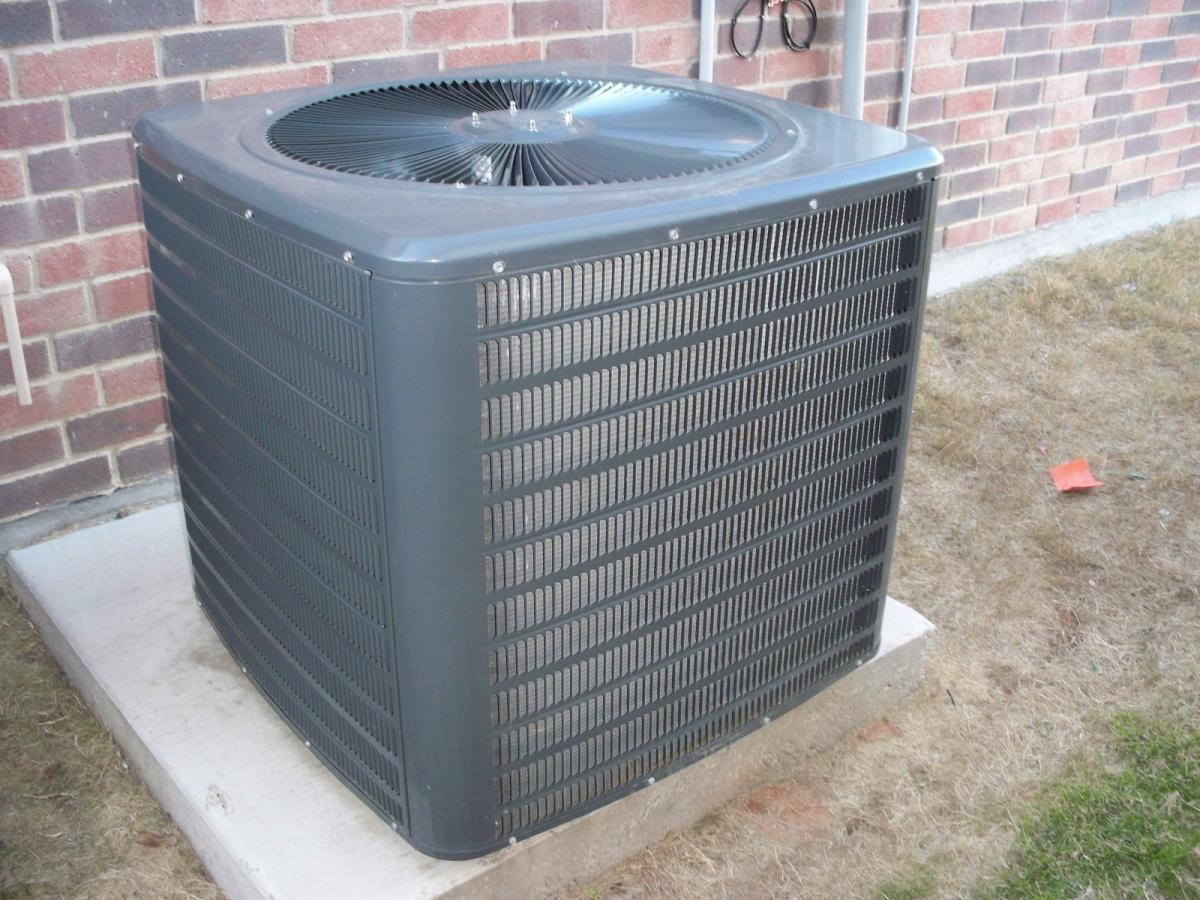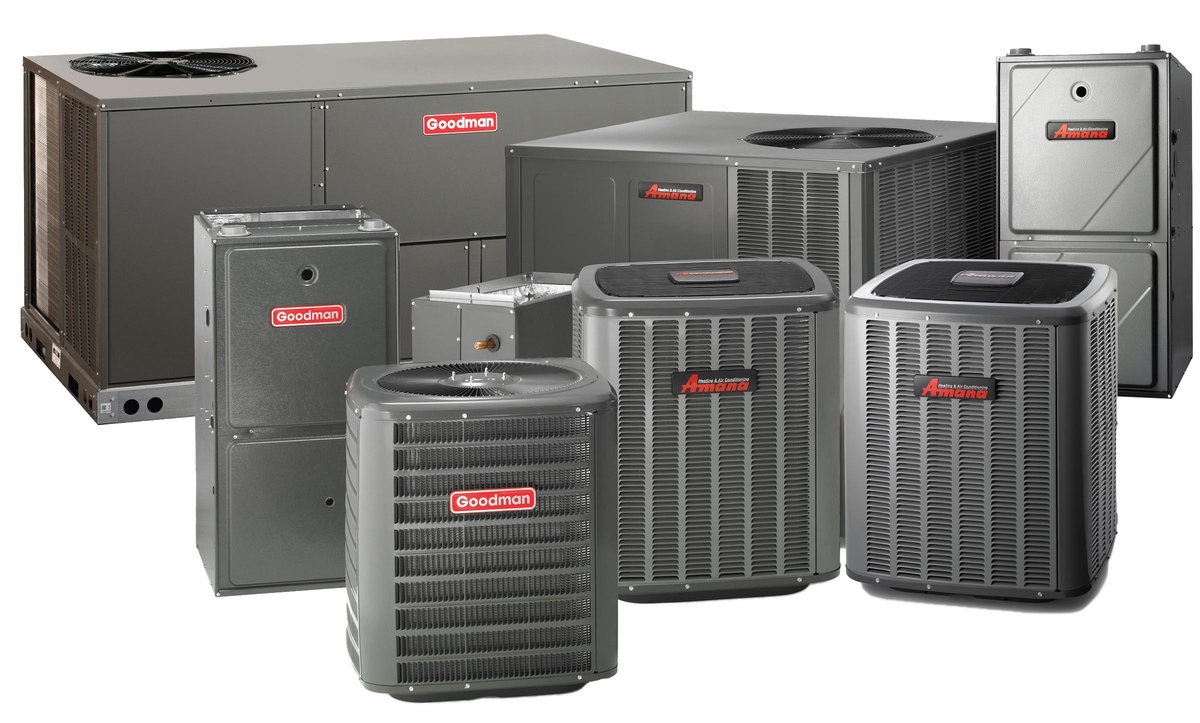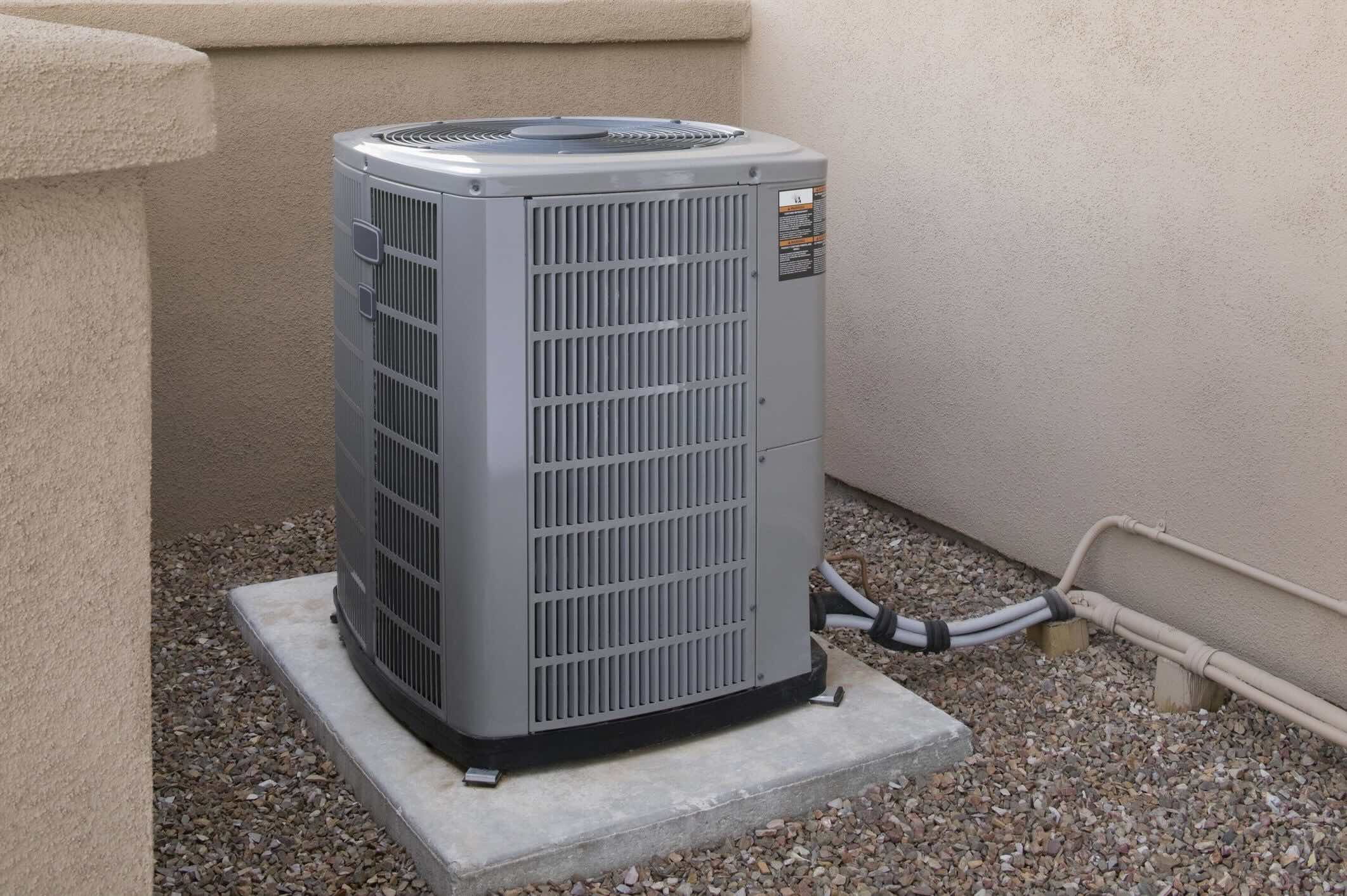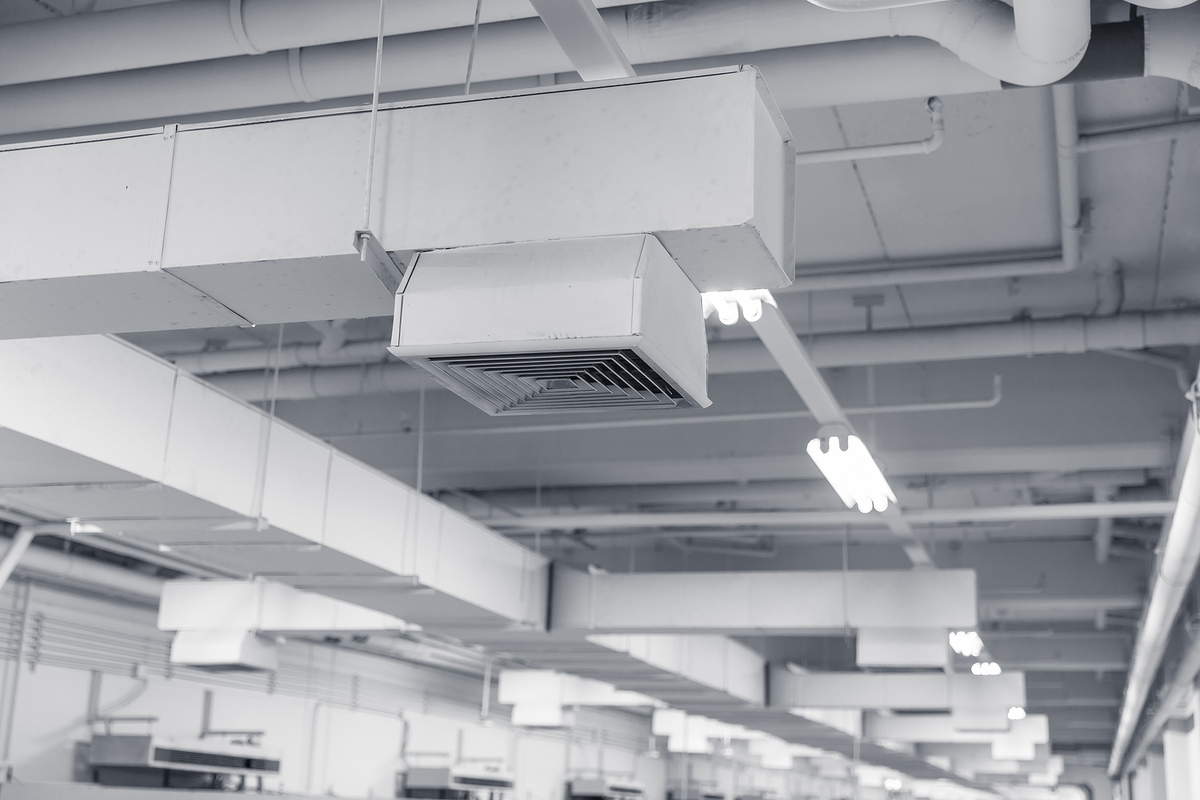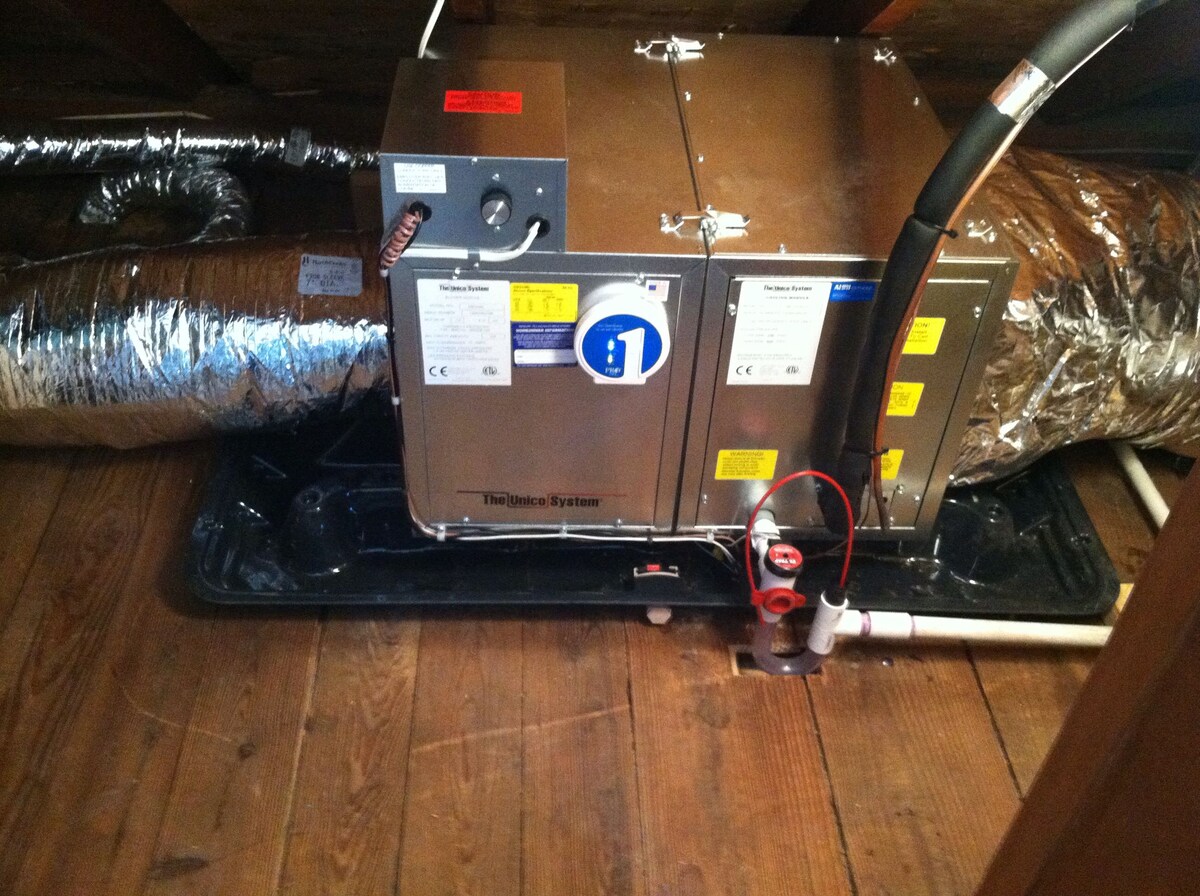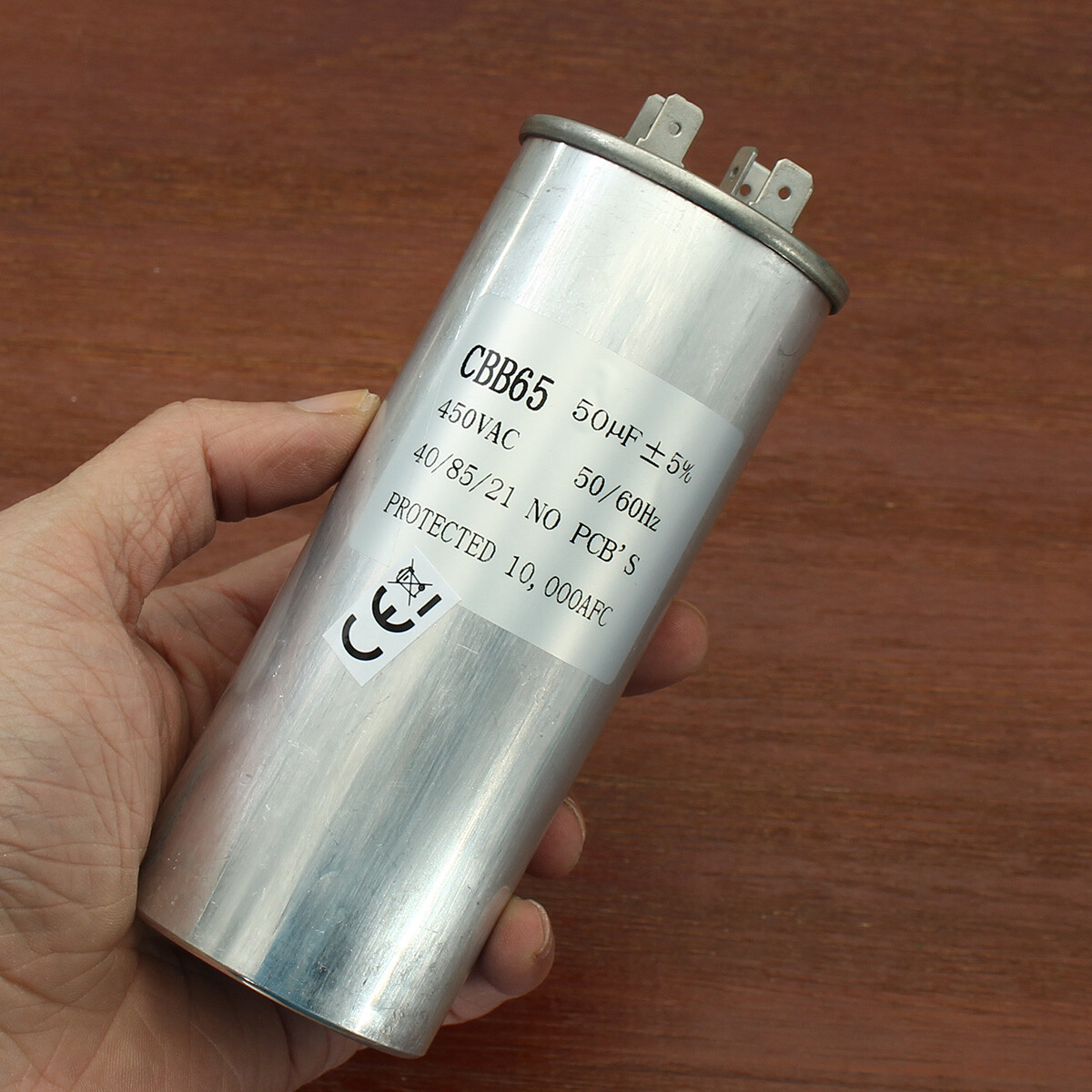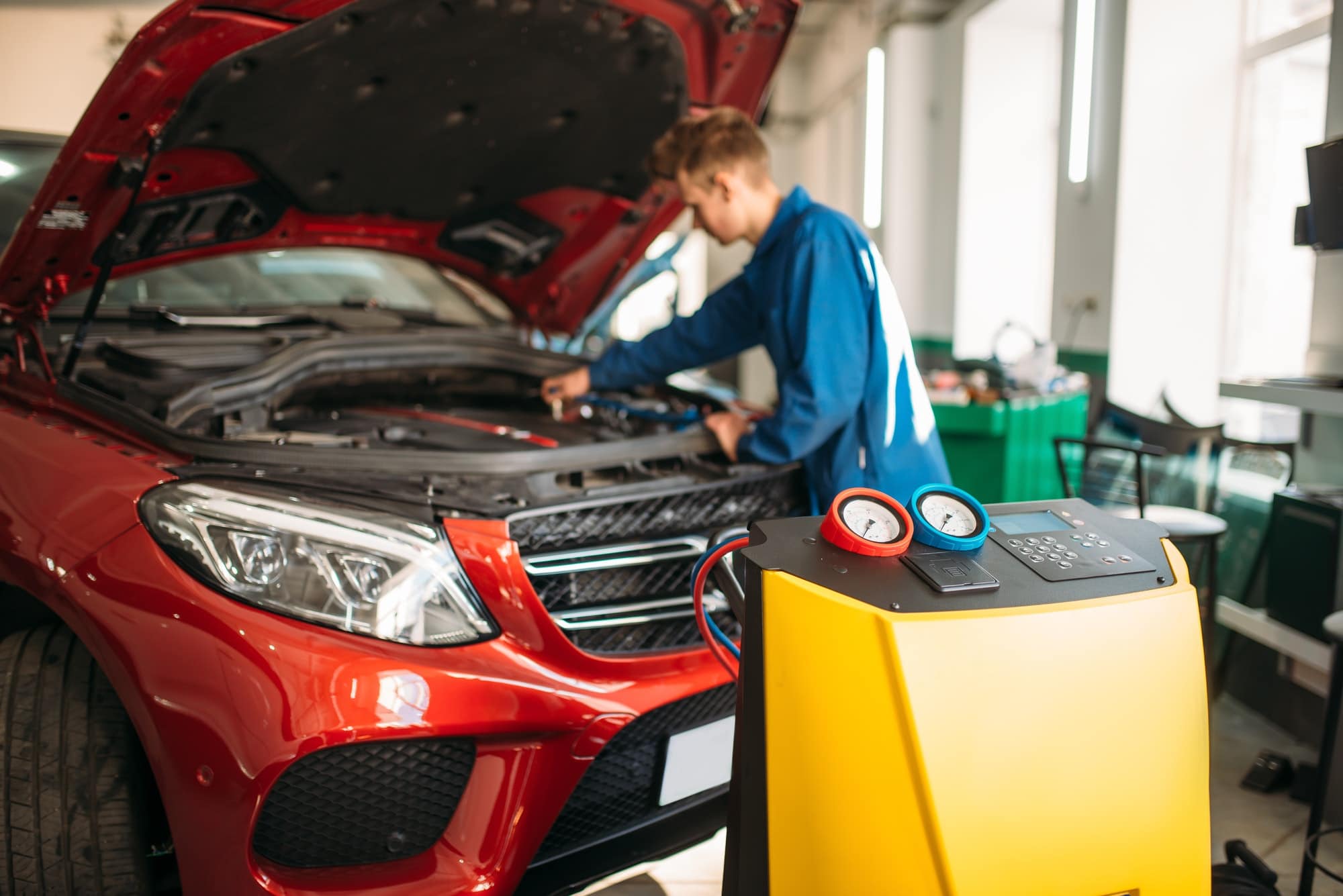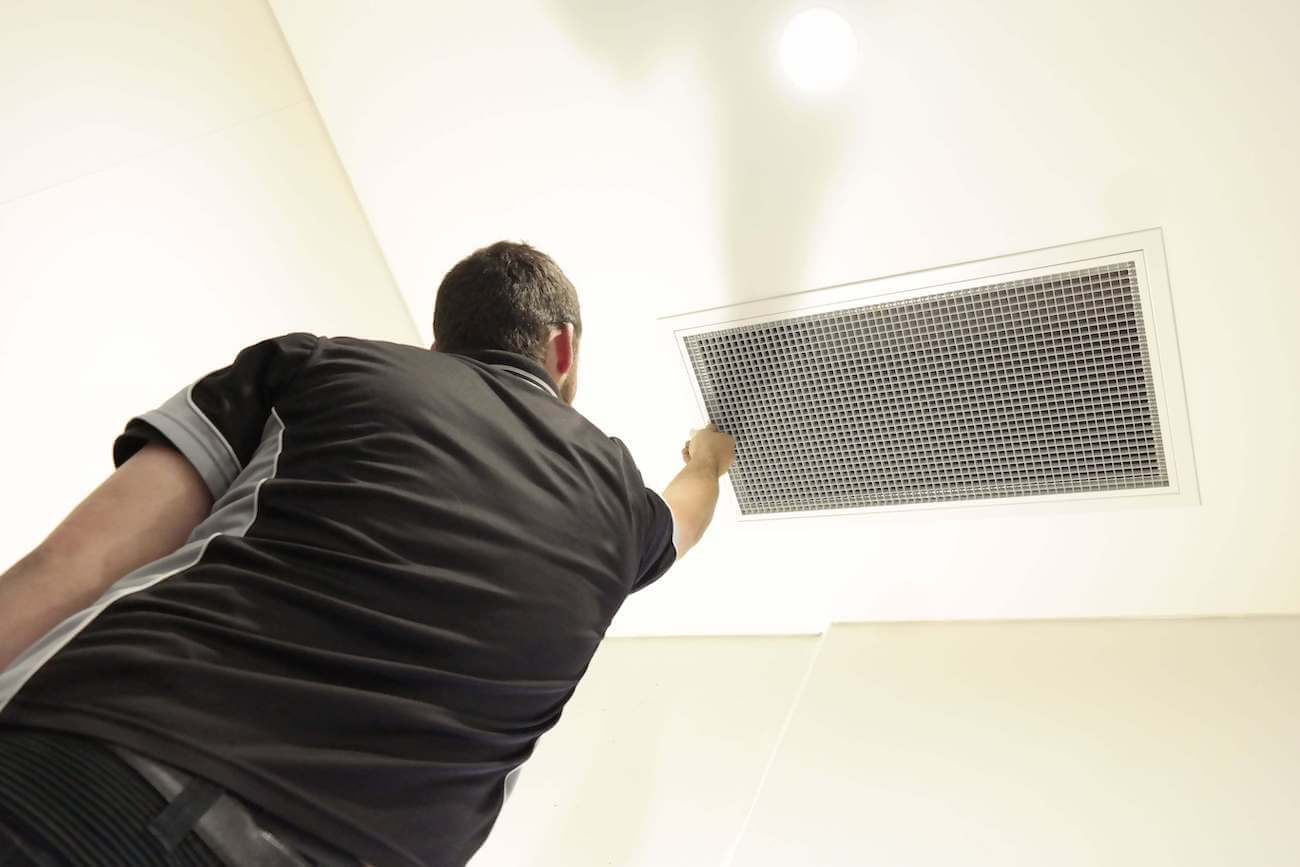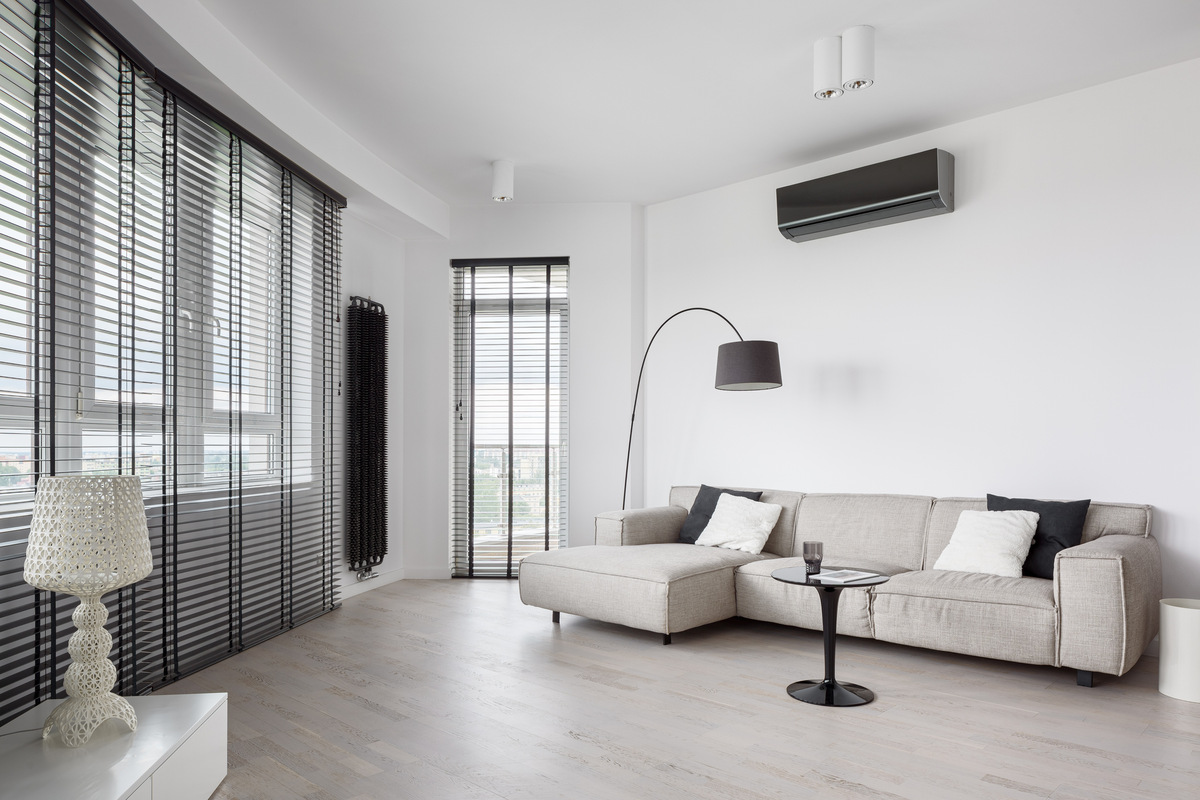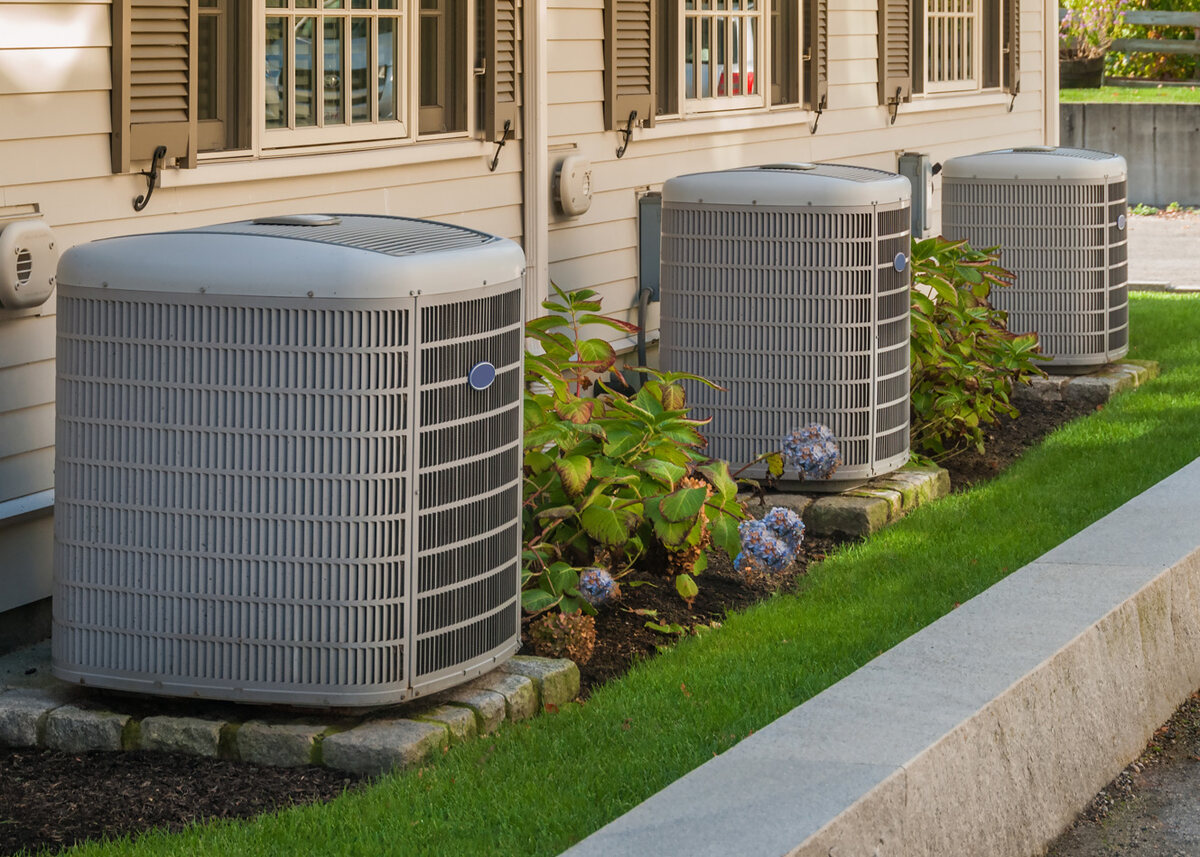Home>Home Maintenance>How Much Are New Air Conditioning Units
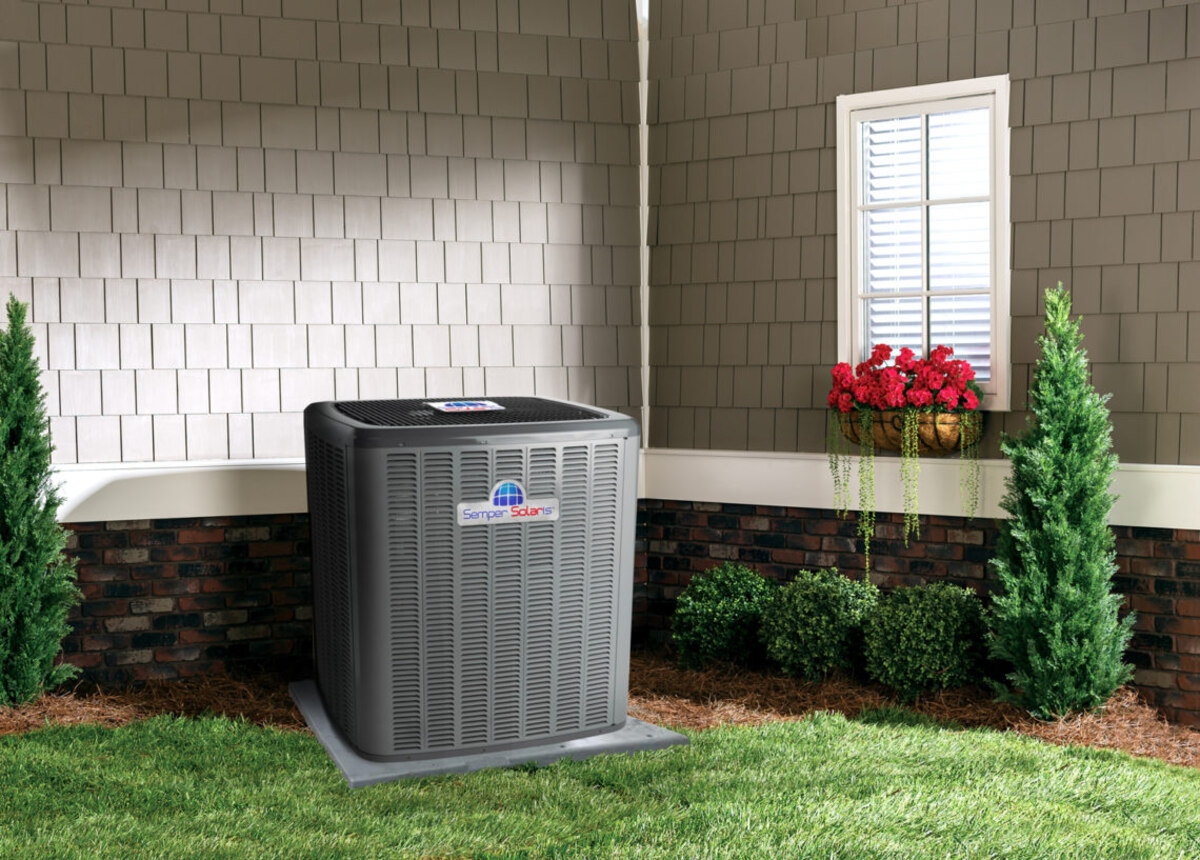

Home Maintenance
How Much Are New Air Conditioning Units
Modified: March 6, 2024
Get an estimate for new air conditioning units and learn how to budget for home maintenance with our helpful guide.
(Many of the links in this article redirect to a specific reviewed product. Your purchase of these products through affiliate links helps to generate commission for Storables.com, at no extra cost. Learn more)
Introduction
When the scorching heat of summer arrives, having a reliable and efficient air conditioning unit can make a world of difference in keeping your home cool and comfortable. However, if your current unit is outdated, inefficient, or in need of frequent repairs, it may be time to consider investing in a new air conditioning unit.
But how much can you expect to pay for a new air conditioning unit? The cost of a new unit can vary depending on a variety of factors, including the type of unit, the size of your home, and any additional features or upgrades you may choose. In this article, we will explore the key factors that can affect the cost of new air conditioning units and provide you with an overview of the average prices for different types of units.
Additionally, we will discuss the additional costs you should consider when installing a new air conditioning unit and highlight the factors you should take into account when deciding on the right unit for your home. By the end, you’ll have a better understanding of the investment required for a new air conditioning unit and be better prepared to make an informed decision.
So, let’s dive in and explore the factors that can influence the cost of a new air conditioning unit!
Key Takeaways:
- Invest in a new air conditioning unit by considering factors like type, size, and energy efficiency to ensure a comfortable home while saving on long-term energy costs.
- When budgeting for a new air conditioning unit, remember to factor in additional costs like labor, permits, and ductwork modifications to avoid unexpected expenses.
Read more: How Much Does A New AC Cost
Factors Affecting the Cost of New Air Conditioning Units
Several key factors can influence the cost of a new air conditioning unit. Understanding these factors will help you make an informed decision and ensure that you choose a unit that fits both your cooling needs and your budget. Let’s take a closer look at the factors that can affect the cost of new air conditioning units:
- Type of Unit: The type of air conditioning unit you choose will have a significant impact on its price. The most common types of units include split systems, central air conditioning systems, ductless mini-split systems, window units, and portable units. Each type varies in terms of installation requirements, cooling capacity, and energy efficiency, which can affect the overall cost.
- Size of your Home: The size of your home and the cooling capacity needed to effectively cool each room will also impact the cost of a new air conditioning unit. A larger home will typically require a unit with higher cooling capacity, which will result in a higher price tag. It’s important to have a professional perform a load calculation to determine the ideal cooling capacity for your home.
- Energy Efficiency: Energy efficiency is a crucial factor to consider when purchasing a new air conditioning unit. Units with higher energy efficiency ratings, such as those with ENERGY STAR certification, may have a higher upfront cost but can save you money in the long run through reduced energy consumption. Look for units with a high Seasonal Energy Efficiency Ratio (SEER) rating.
- Installation Requirements: The complexity of the installation process can impact the overall cost of a new air conditioning unit. Installing a central air conditioning system, for example, may require ductwork installation or modifications, which can increase the cost significantly. Ductless mini-split systems, on the other hand, are generally easier and quicker to install.
- Additional Features and Upgrades: The inclusion of additional features and upgrades, such as programmable thermostats, air purifiers, or zone control systems, will also affect the cost of a new air conditioning unit. While these extras may add to the initial investment, they can enhance comfort and energy efficiency.
It’s important to carefully consider these factors when determining your budget for a new air conditioning unit. By assessing your specific needs and priorities, you can find the right balance between cost and performance to ensure a comfortable and energy-efficient cooling solution for your home.
Types of Air Conditioning Units
When it comes to choosing a new air conditioning unit, there are various options available to suit different needs and preferences. Understanding the different types of air conditioning units will help you make an informed decision based on your specific requirements. Let’s explore the most common types of air conditioning units:
- Split Systems: Split systems consist of two main components: an indoor unit and an outdoor unit. The indoor unit contains the evaporator coil and the air handler, while the outdoor unit houses the compressor and condenser coil. Split systems are versatile and widely used for both residential and commercial purposes. They offer efficient cooling and can be integrated with existing HVAC systems.
- Central Air Conditioning Systems: Central air conditioning systems are ideal for cooling larger homes or multiple rooms. These systems use a ductwork system to distribute cool air throughout the house. They provide consistent and efficient cooling and can be controlled by a central thermostat. Installation of a central air conditioning system requires professional assistance and may involve ductwork installation or modification.
- Ductless Mini-Split Systems: Ductless mini-split systems are an excellent option for homes without existing ductwork or in situations where specific zones need cooling. These systems consist of an outdoor unit and one or more indoor units, which are mounted on the wall or ceiling of each room. Each indoor unit operates independently, allowing for individual temperature control in different areas of the house. Ductless mini-split systems are energy-efficient and offer flexibility in installation.
- Window Units: Window units are self-contained air conditioning units that are typically installed in a window or a hole in an exterior wall. These units are suitable for cooling a single room or a small space. Window units are cost-effective and easy to install, making them a popular choice for apartments or smaller living areas. However, they may obstruct the view from the window and require regular maintenance.
- Portable Units: Portable air conditioning units are compact and easy to move from one room to another. They are a convenient option if you don’t want to install a permanent cooling system or if you need to cool specific areas only. Portable units typically come with an exhaust hose that needs to be vented through a window or a wall. While portable units offer flexibility, they may not provide the same level of cooling power as larger systems.
Consider your cooling needs, the size and layout of your home, and your budget when choosing the type of air conditioning unit that best suits your requirements. Consulting with an HVAC professional can help you determine the most suitable option and ensure proper installation for optimal performance.
Average Prices for Different Types of Air Conditioning Units
The cost of a new air conditioning unit can vary depending on factors such as the type of unit, its cooling capacity, energy efficiency, and additional features. To give you a general idea of the average prices for different types of air conditioning units, let’s explore their price ranges:
- Split Systems: The average cost of a split system air conditioning unit ranges from $2,500 to $7,500 or more, depending on factors such as size, energy efficiency rating, and additional features. High-efficiency models or those with advanced features can be on the higher end of the price range.
- Central Air Conditioning Systems: Installing a central air conditioning system can cost between $3,000 and $10,000 or more. The price depends on factors such as the size of your home, the complexity of the installation, ductwork requirements, and the energy efficiency rating of the unit.
- Ductless Mini-Split Systems: Ductless mini-split systems usually have a price range of $3,000 to $8,000, including installation. The total cost depends on factors like the number of indoor units needed, the cooling capacity required, and any additional features or accessories.
- Window Units: Window air conditioning units are the most affordable option, with an average price range of $150 to $500. The cost will vary based on the cooling capacity, energy efficiency, and additional features of the unit.
- Portable Units: Portable air conditioning units are generally priced between $300 and $800. Factors such as cooling capacity, energy efficiency, and special features will influence the price.
It’s important to note that these price ranges are estimates and can vary based on factors like location, brand, installation requirements, and any additional services or warranties included. Getting multiple quotes from reputable HVAC professionals is recommended to get an accurate estimate for your specific needs.
Remember that while upfront costs are an important consideration, it’s also essential to factor in long-term energy savings and the overall efficiency of the unit. Investing in a higher-efficiency unit may result in greater savings on your energy bills over time.
When considering the cost of a new air conditioning unit, it’s important to factor in the size of your home, the unit’s energy efficiency, and any additional installation or maintenance costs. Researching different brands and getting multiple quotes can help you find the best deal.
Additional Costs to Consider when Installing a New Air Conditioning Unit
When installing a new air conditioning unit, the upfront cost of the unit itself is not the only expense you need to consider. There are several additional costs involved in the installation process that you should be aware of. Understanding these costs will help you plan your budget effectively. Let’s explore the additional costs associated with installing a new air conditioning unit:
- Installation Labor: Hiring a professional HVAC technician to install your air conditioning unit is highly recommended to ensure proper installation and optimal performance. The cost of labor will vary depending on factors such as the complexity of the installation, the type of unit, and the location. It’s essential to obtain multiple quotes from reputable contractors to get an accurate estimate.
- Permits and Inspections: Depending on your local regulations, you may need to obtain permits and undergo inspections before the installation can take place. Permit fees can range from $50 to several hundred dollars, depending on your location and the scope of the installation. Inspections may also incur additional costs.
- Ductwork Modifications or Installation: If you are installing a central air conditioning system or modifying an existing one, your ductwork may need adjustments or additional installation. The cost of ductwork modifications or installation can vary significantly depending on the size of your home, the complexity of the ductwork system, and any necessary upgrades or repairs.
- Electrical Work: In some cases, upgrading or modifying the electrical system to accommodate the new air conditioning unit may be necessary. This can include installing a dedicated circuit, upgrading the electrical panel, or addressing any electrical issues that may be present. The cost of electrical work will depend on the extent of the modifications required.
- Thermostat Installation or Upgrade: If your new air conditioning unit does not come with a thermostat or you wish to upgrade to a more advanced model, this will incur an additional cost. The price of a thermostat can range from $50 to $500, depending on the features and capabilities you desire.
It’s important to factor in these additional costs when budgeting for a new air conditioning unit. It is recommended to consult with an HVAC professional who can provide an accurate estimate based on your specific requirements and the condition of your existing system.
Remember to prioritize quality and proper installation to ensure your air conditioning unit operates efficiently and effectively throughout its lifespan. Investing in professional installation and addressing any necessary modifications or upgrades will help maximize the performance and longevity of your new air conditioning system.
Read more: How Much Is An Air Conditioning Compressor
Factors to Consider when Deciding on a New Air Conditioning Unit
Choosing the right air conditioning unit for your home involves careful consideration of several important factors. By evaluating these factors, you can ensure that you select a unit that meets your cooling needs, fits your budget, and provides optimal energy efficiency. Let’s explore the key factors to consider when deciding on a new air conditioning unit:
- Cooling Capacity: Determining the appropriate cooling capacity for your home is crucial. A unit that is too small may struggle to cool your space effectively, while one that is too large may cycle on and off frequently, wasting energy and potentially leading to humidity problems. It’s best to have a professional conduct a load calculation to determine the right cooling capacity required for your specific home.
- Energy Efficiency: Look for air conditioning units with high energy efficiency ratings. Units with ENERGY STAR certification are designed to consume less energy, which can lead to lower utility bills and reduced environmental impact. Pay attention to the SEER (Seasonal Energy Efficiency Ratio) rating, with higher ratings indicating greater energy efficiency.
- Quality and Reliability: Investing in a high-quality air conditioning unit is essential to ensure long-term reliability and performance. Research reputable brands with a track record of producing reliable and durable units. Reading customer reviews and seeking recommendations from trusted sources can also help guide your decision.
- Budget: Determine a budget that aligns with your financial capabilities. Take into account both the upfront cost of the unit and any additional installation expenses. While it can be tempting to opt for the cheapest option, keep in mind that higher-quality, energy-efficient units may provide better long-term savings due to reduced energy consumption and potentially lower maintenance and repair costs.
- Noise Level: Consider the noise level of the air conditioning unit, particularly if you are sensitive to noise or if you plan to install the unit in a bedroom or a quiet area of your home. Look for units that have a reputation for operating quietly, or consider features like variable speed fans or noise-reduction technology.
- Warranty and After-Sales Service: Check the warranty offered by the manufacturer, as well as what kind of after-sales service and support they provide. A comprehensive warranty can offer peace of mind and protection against potential defects or breakdowns. Additionally, look for reputable HVAC contractors who can provide installation, maintenance, and repair services for your chosen unit.
By evaluating these factors and considering your specific needs and preferences, you can confidently select an air conditioning unit that will provide optimal cooling comfort, energy efficiency, and reliable performance throughout its lifespan.
Remember, consulting with a professional HVAC technician can provide valuable insights and guidance to help you make the best decision for your home. They can conduct a thorough assessment of your cooling needs and recommend specific units that align with your requirements and budget.
Conclusion
Choosing a new air conditioning unit for your home is an important decision that requires careful consideration of various factors. By understanding the factors that can affect the cost, exploring the different types of units available, and evaluating additional costs and important factors, you can make an informed decision that meets your cooling needs and budget.
When determining the cost of a new air conditioning unit, factors such as the type of unit, size of your home, energy efficiency, and installation requirements play a significant role. Understanding the average prices for different types of units can help you set a realistic budget and factor in any potential additional costs, such as labor, permits, ductwork modifications, and electrical work.
When deciding on a new air conditioning unit, consider factors such as the cooling capacity, energy efficiency, quality, noise level, and after-sales service. These factors will contribute to your overall satisfaction with the unit and its performance over time. Remember to prioritize energy efficiency to reduce long-term utility costs and minimize environmental impact.
It is recommended to consult with a professional HVAC technician who can assess your home’s specific cooling needs and provide expert guidance tailored to your requirements. They can help determine the appropriate unit size, recommend reputable brands, and ensure proper installation for optimal performance.
Investing in a new air conditioning unit is a significant decision, and making the right choice will keep your home cool and comfortable for years to come. By considering all the relevant factors and seeking professional advice, you can confidently select a unit that provides efficient cooling, reliability, and long-term value.
So, take the time to research, compare options, and consult with experts to make an informed decision. Soon, you’ll be enjoying the perfect indoor climate and staying cool during those hot summer months.
Frequently Asked Questions about How Much Are New Air Conditioning Units
Was this page helpful?
At Storables.com, we guarantee accurate and reliable information. Our content, validated by Expert Board Contributors, is crafted following stringent Editorial Policies. We're committed to providing you with well-researched, expert-backed insights for all your informational needs.
